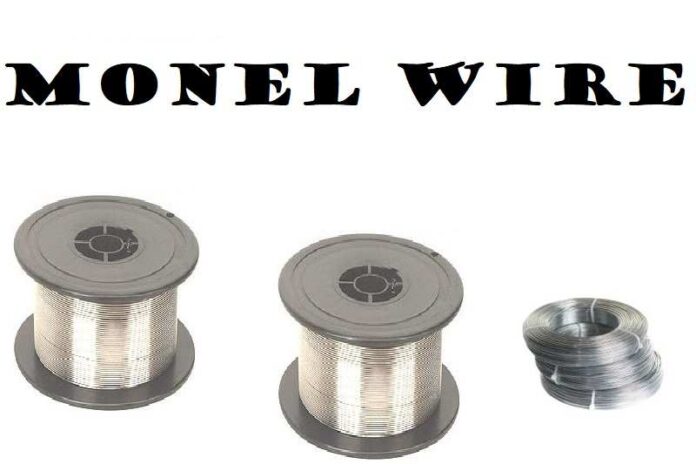Monel wire is a type of metal wire that is often used in industrial applications, such as in manufacturing and engineering. It has a high resistance to corrosion and is popular for its strength and durability. In this article, we will explore what monel wire is and what it can do for your business. We will also discuss some of its benefits and how you can use it to improve your engineering projects.
What is Monel Wire?
Monel wire is a type of alloy metal that is made up of nickel and copper. It has a distinctive, lustrous metallic sheen and is often used in industrial applications because it offers high resistance to corrosion and heat. Monel wire is also popular for its unique sound when tapped or struck, which is due to the small amount of steel that is present in the alloy.
Monel Wire Features
It is often used in applications where extreme environmental conditions are expected, such as in electrical engineering, heat exchange, waste incineration, petroleum refining, chemical production and welding. The alloy has a low carbon content, making it an environmentally friendly choice for some applications.
What is Monel 400?
It has excellent resistance to corrosion, including seawater and salt air corrosion. Monel 400 is also a good choice for heat treatments because it is not readily attacked by oxygen or moisture. It is best for high temperature up to1050° F. The melting point of monel 400 is 2370-2460⁰ F.
Inconel* 600
Inconel is a nickel-based alloy that is heat treated to achieve specific structural and performance characteristics. It is most commonly used in applications where high strength, low weight, and good corrosion resistance are required. Some of the common uses for Inconel include sheathing, cathode ray tube spiders and tube supports. It can be oxidated to 2150⁰ F and heated up to 750⁰ F.
How to Choose the Right Monel Wire for Your Application?
When choosing the right monel wire for your application, it is important to consider the size of the wire, its tensile strength, and its melting temperature. The size of the wire can affect how it will be used, while the tensile strength and melting temperature will affect its ability to withstand heat and chemical exposure.
Size
Monel wires range in size from .012 inch to 2 inches in diameter, and each has a different use. The smallest monel wires are typically used for electrical applications. Larger wires are used for industrial applications, such as welding and brazing.
Strength
The tensile strength of a monel wire is key to its ability to resist breaking during use. Wires with a higher tensile strength can withstand higher loads without breaking.
Melting Point
The melting point of a monel wire is also important when selecting a wire for use in an application. Lower-melting-point wires can be melted down and formed into various shapes without becoming too hot or brittle. Higher-melting-point wires are less suitable for certain applications because they can become too brittle when heated up too much.
Conclusion
Monel wire is a metal alloy with a copper and nickel base. It has a high tensile strength, making it ideal for use in applications where resistance to twisting or shear stress is required. Other uses for monel wire include machine parts and fasteners, as well as electrical wiring and components. Because it possesses excellent heat-treatability, it can be used in a variety of different alloys and coatings.

